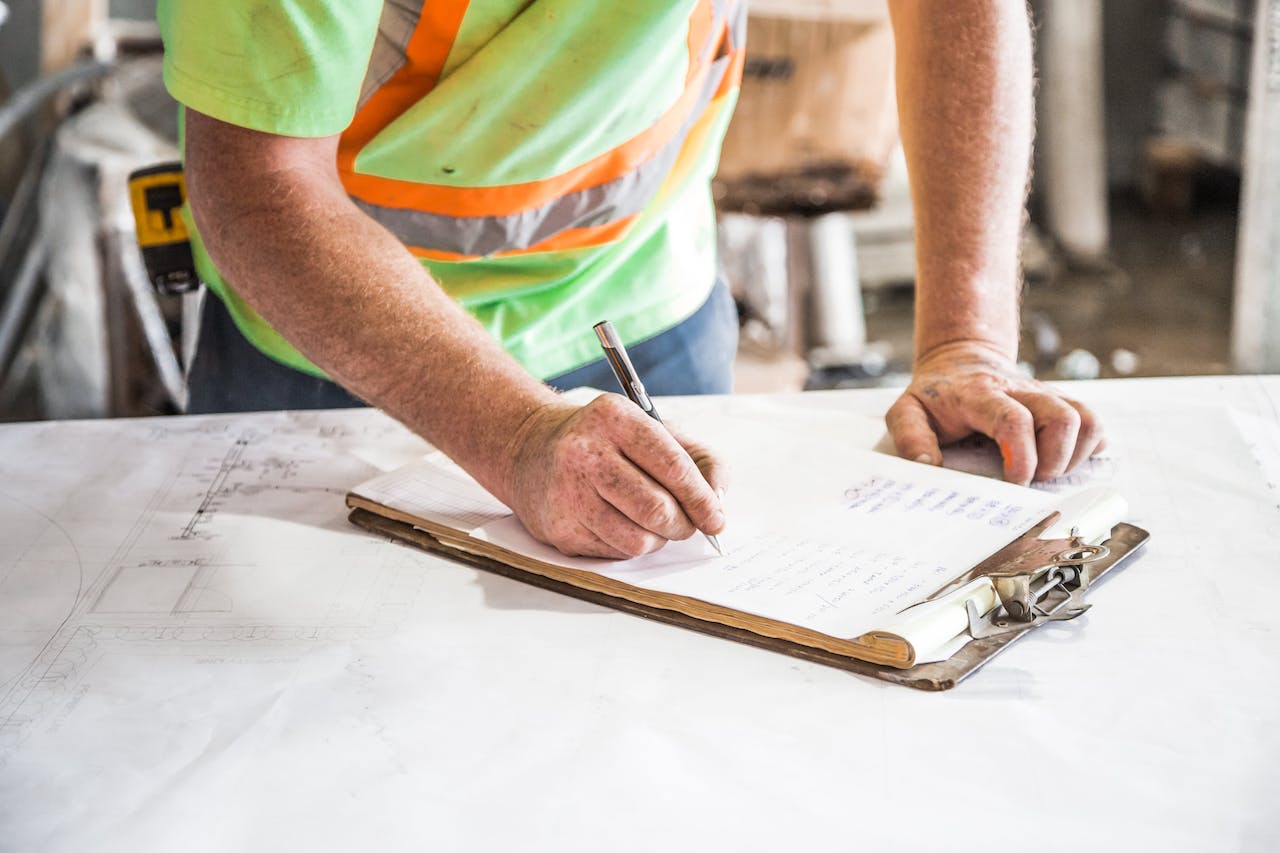Speed and cost are the key parameters for measuring the success of construction projects. But these are secondary to quality because it single-handedly decides the satisfaction of the client at the end of the project. A more important reason to prioritise quality is that it is directly related to the reputation of your business. Hence, your team should always work on finishing on time and within budget while meeting building quality standards. But there are several known and unknown challenges that curb adherence to these standards.
Let us list some effective strategies that you can implement for ensuring quality in your construction projects:
Strategy #1: Understand the project specifications thoroughly
Even before writing the project plan, have a clear and complete understanding of the specifications and standards set by the client. It is essential to involve your team and brainstorm on these specifications to ensure that your plan is designed to meet them. Don’t hesitate to ask questions because you may end up with rework or change requests if there are gaps in understanding.
Strategy #2: Discuss quality expectations with your team
While the project manager must understand the quality requirements, involving the team members is equally vital. It enables them to understand their roles, responsibilities and schedules. Further, it is a subtle indication that poor quality work is not acceptable. While you discuss quality requirements with the crew, set high standards right from the start and make them accountable for their tasks as well.
Strategy #3: Onboard the right people
Labour shortage is a significant challenge in this domain, but you should still go the extra mile for hiring the only best people for the jobs. Invest in team training so the team can upscale their skills and get better with the work quality. Have the right people mentoring and monitoring so that you build a team that you can trust.
Strategy #4: Check raw materials before going ahead
Apart from the skills of the resources, the quality of raw material also has an impact on the final project quality. No matter how capable your people are, sub-standard material will have a detrimental effect on the result. Collaborate only with reputable suppliers who supply the best quality materials— double-check the materials to ensure that they have the right specifications too.
Strategy #5: Monitor daily project progress
There are chances that workers would miss out on instructions due to the pressure of deadlines or just carelessness. Monitor daily project progress and enforce a rule that workers need to report mistakes. Implementing a project management software solution is an excellent idea as it offers real-time reports with minimal work. So you can keep a constant track on project progress, quality and employee performance.
Strategy #6: Have a testing protocol in place
Make periodic testing a part of the quality control protocol for the projects. It is best to carry them out after every milestone to check whether the work complies with the standards and specifications shared by the clients. If the tests fail, track the starting point of the errors and implement rework right away. Steer clear of manipulating the test results; they may later result in compromised quality.
Strategy #7: Be diligent with the repairs
Even as you go the extra mile with planning, management and tracking, issues and mistakes are still likely to come up. They may happen due to a host of unexpected situations, which may result in variations, defects and failures. The best thing to do is to carry out the corrective actions with due diligence at the earliest. Moving ahead at this stage can compromise with the quality and cause more significant problems like safety hazards or even disputes in the long run.
Strategy #8: Document everything
It is critical to document every aspect of the project as a part of the quality management initiative. Documenting can be a pain, but fortunately, construction management software can automate it. Record everything, right from preparing checklists of daily tasks to resources used and possible issues encountered. Any stakeholder can access these documents and raise concerns through collaborative software. The companies can also use the data from previous projects to write better plans, strategise more workable schedules and come up with accurate estimates. Together, these factors can enhance work quality. Although quality management for projects sounds tricky, a construction management software application like Zepth can simplify it to a considerable extent. It offers a range of solutions that have you covered on different fronts of quality management.
Summary
Quality is one of the most crucial aspects of construction project management because it has a far-reaching impact on client satisfaction and business reputation. So project managers should go the extra mile to ensure it for every single project they work on. While having some smart strategies in place can help, investing in a construction management software solution has you fully covered.




